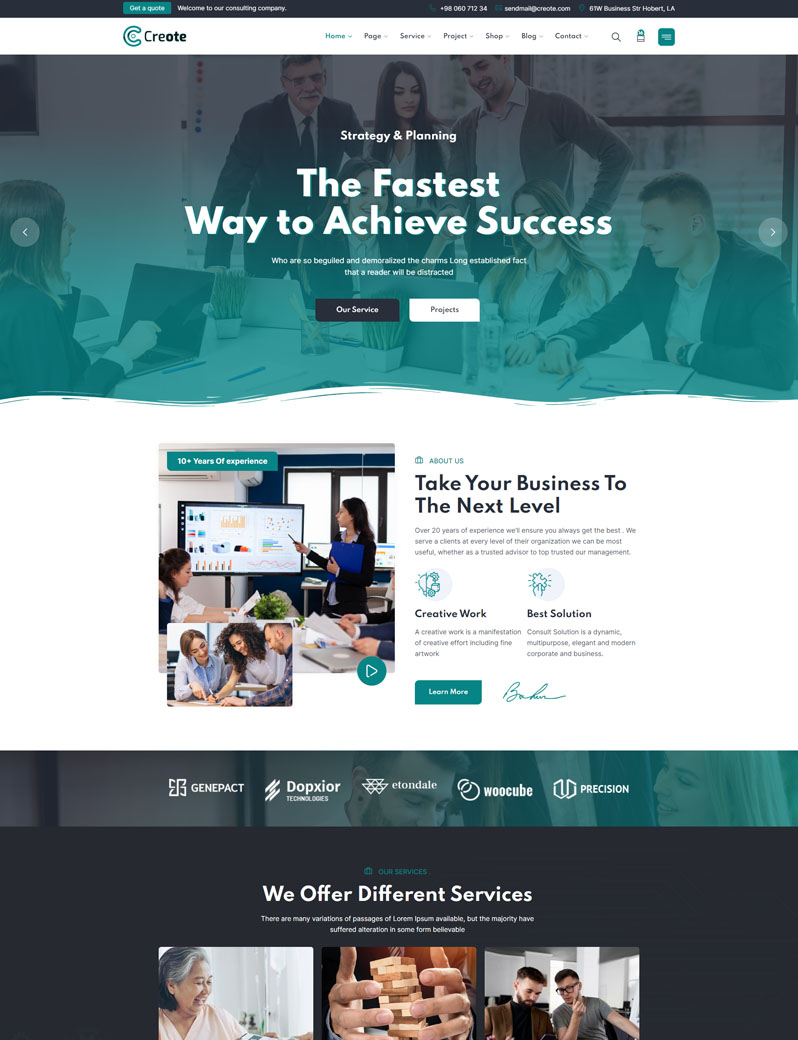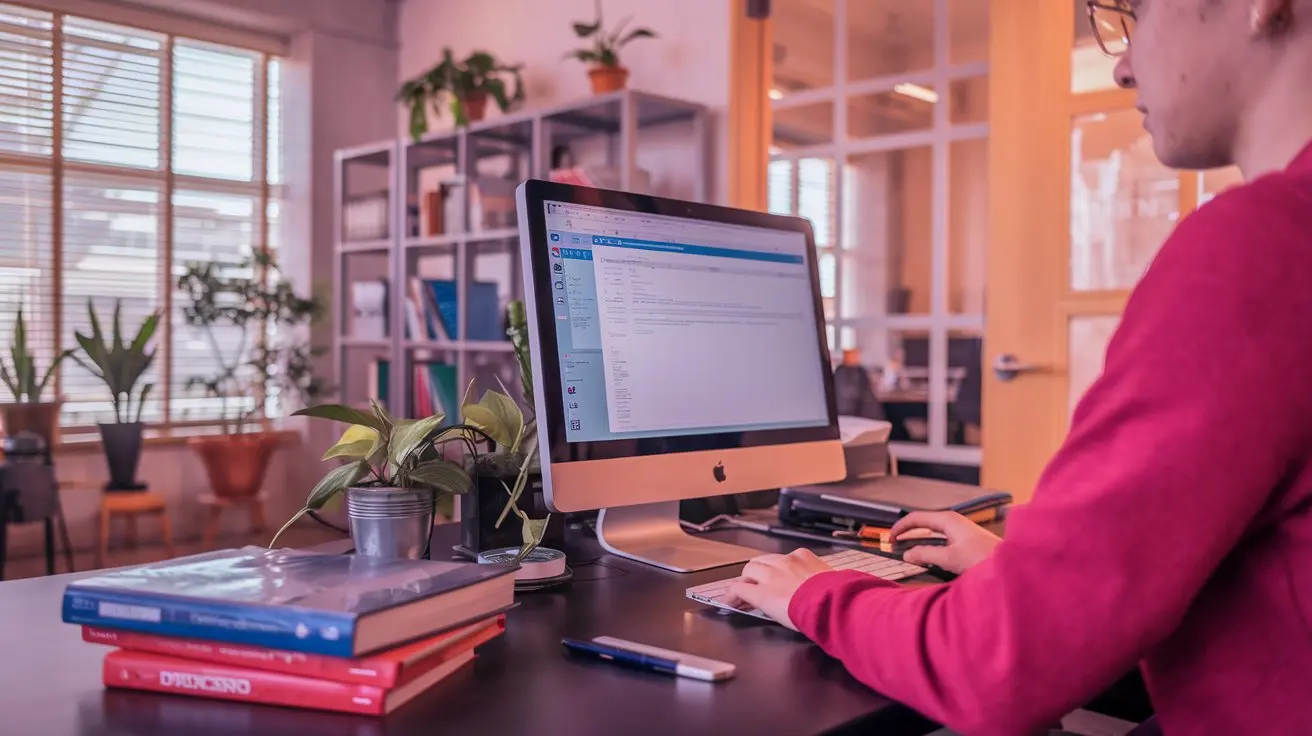
Feasibility Analysis Study is one of the most reliable ways to determine whether an idea or project is worth pursuing, as no business can thrive in today’s competitive world on intuition alone. Businesses need dependable data and actionable insights to make informed decisions. This important tool helps organizations to check market demand, identify risks and find out their feasibility plans. Whether a startup or established, the knowledge of conducting such a study may provide the setting for success.
Why Conduct a Feasibility Analysis Study?
A feasibility analysis study is meant to answer one key question: “Is this idea worth the investment?” It gives a complete overview of the potential of the project through market demand, competition, financial viability and operational requirements. For businesses in fast-growing regions like Dubai, a trusted market research company in Dubai can make all the difference in getting reliable data for such studies.
By studying, the companies can identify the potential roadblocks in advance and help save time and resources. Be it a new product launch or a new market entry, studying the feasibility of your plans at hand ensures that you move into the project with confidence.
Key Phases in a Feasibility Analysis Study
Following a proper structure is important to understand the market demand. The following are the critical steps involved in conducting a Feasibility Analysis Study:
1. Clearly Define Objectives
Before beginning the study, define the exact goals of your project. Are you testing demand for a new product? Are you evaluating expansion opportunities in another market? The definition of these objectives is vital for the making of a focused feasibility plan.
2. Conduct Market Research
The backbone of any feasibility model is market research. Analyzing consumer behavior, preference and trends helps the business identify if there is enough demand for its offering. For instance, a market research firm in Dubai can provide region-specific data to help evaluate your project’s potential in a competitive environment.
3. Financial Analysis
The financial aspect is one of the most important factors in any Feasibility Analysis Study. This encompasses estimating costs, revenue potential and profitability. An example of feasibility here would be evaluating whether the expected revenue from a project outweighs the costs of implementation. Such financial clarity ensures sound decision-making.
4. Risk Evaluation
No project is without risks. Conducting a feasibility evaluation identifies potential challenges, such as supply chain issues, regulatory hurdles or unexpected costs. With these insights, businesses can develop strategies to mitigate risks effectively.
5. Create a Feasibility Report
Once data is collected, it is time to collate findings into a report. A detailed feasibility analysis sample may include charts, forecasts and actionable recommendations that will make it easier for stakeholders to understand the viability of the project.
Feasibility Analysis Applications
Imagine a new retail concept you want to introduce in Dubai. A market research company in Dubai will help you determine local demand, the level of competition and consumer behavior. Incorporating these into your feasibility model will give you a sound proposal to present to your investors or stakeholders.
Likewise, feasibility plan example reviews can be very useful as it provides a model through which to frame your study. With everything from technology startups to real estate development projects, the application possibilities for a Feasibility Analysis Study are virtually unlimited.
Advantages: Feasibility Analysis Study
A well-executed Feasibility Analysis Study offers several advantages, including:
Better Decision-Making: By understanding market demand and financial feasibility, you can make informed choices about pursuing or shelving a project.
Reduced Risks: Studying the feasibility helps pinpoint risks early on, giving businesses ample time to develop mitigation strategies.
Resource Optimization: Avoid wasting time and money on unviable projects by conducting a feasibility evaluation first.
Increased Profitability: With a clear feasibility plan, businesses can allocate resources more effectively, leading to higher returns.
Tips for Success
Work with experts : to collect and analyze information that can be provided by seasoned experts or a reputable market research company in Dubai.
Clear Metrics: Ensure that your feasibility study plan uses quantifiable metrics, such as projected revenues or customer acquisition costs.
Flexible: Be open to making modifications in the plans with regards to what is revealed from the study of the Feasibility Analysis Study.
By concluding, a feasibility analysis study is an essential tool for any business that aspires to navigate uncertainty and capitalize on opportunities. Be it a new venture or an expansion of operations, understanding market demand through a structured study will ensure that one is prepared for success.
You can have confidence and clarity in your projects by working with a trusted market research company in Dubai, along with the use of a feasibility model. Remember, the effort you invest in studying the feasibility of your plans today could be the key to unlocking profitability tomorrow.
-
Previous Post
Market Research in UAE Understanding Customer Needs
 Demos
Demos  Docs
Docs  Support
Support 





















